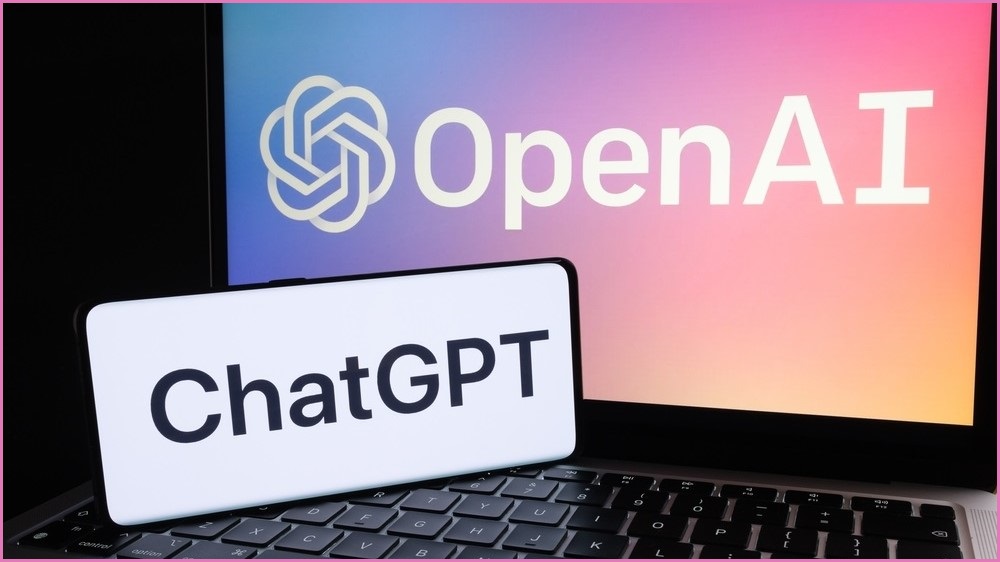A lawsuit is brewing which has the potential to force ChatGPT to delete all of its data and start from scratch, with the New York Times newspaper reportedly considering suing the generative AI tool.
After recently updating its terms of service to stop AI companies from using its content to train their models, the New York Times is now contemplating a lawsuit against ChatGPT developer OpenAI, as NPR reported.
The New York Times’ concern centres around OpenAI’s use of the paper’s copyrighted content to train ChatGPT’s system, and for the potential for the generative AI platform to become a direct competitor thanks to the use of this original content.
Citing two people with direct knowledge of the situation, the NPR report said that the New York Times and OpenAI have been in discussions over a licensing agreement, but that these talks have become “contentious”.
The sources said that the media organisation is now considering a lawsuit against ChatGPT to “protect the intellectual property rights” of the New York Times.
Such a lawsuit could be the “most high profile legal tussle yet over copyright protection in the age of generative AI”, NPR reported.
If this lawsuit goes ahead and the New York Times is successful, OpenAI could be forced to completely erase ChatGPT’s dataset and start again using only authorised content.
OpenAI could also face a fine of up to $US150,000 for each piece of infringing content it has used to train its AI system.
OpenAI would likely argue the “fair use” defence if such a case went to trial, which allows for the use of copyrighted work without permission in certain situations, such as teaching, criticism, research and reporting of the news.
While the New York Times seems to be looking towards legal action, Associated Press recently became one of the first media organisations to reach a licensing deal with OpenAI for the use of its content. The terms of this deal have not been revealed.
The New York Times recently updated its terms of service to prevent the use of its content for the “development of any software program, including, but not limited to, training a machine learning or artificial intelligence system”.
“Engaging in a prohibited use of the services may result in civil, criminal and / or administrative penalties, fines or sanctions against the user and those assisting the user,” the terms of service said.
It’s not the first lawsuit that OpenAI is facing over its use of online content to train ChatGPT.
Comedian and author Sarah Silverman recently joined a number of other high-profile authors in suing OpenAI over similar concerns.
In the case, Silverman alleges that ChatGPT used a digital version of her memoir to train its system without permission. She said the platform got the copy of the book from an illegal online “shadow library”.
According to Daniel Gervais, the co-director of the intellectual property program at Vanderbilt University, copyright issues such as these are set to plague the growth of generative AI tools.
“Copyright law is a sword that’s going to hang over the heads of AI companies for several years unless they figure out how to negotiate a solution,” Gervais told NPR.
Hollywood writers are also currently on strike over concerns about the unethical use of AI tools in the writer’s room.
In Australia, the federal government has warned that ChatGPT and other generative AI tools should only be used in “low-risk situations” by public servants, and that it poses an “unacceptable risk”.
A recent study found that while Australian companies are far more likely than other countries to use generative AI platforms, they are also more likely to consider banning them in the workplace completely.










